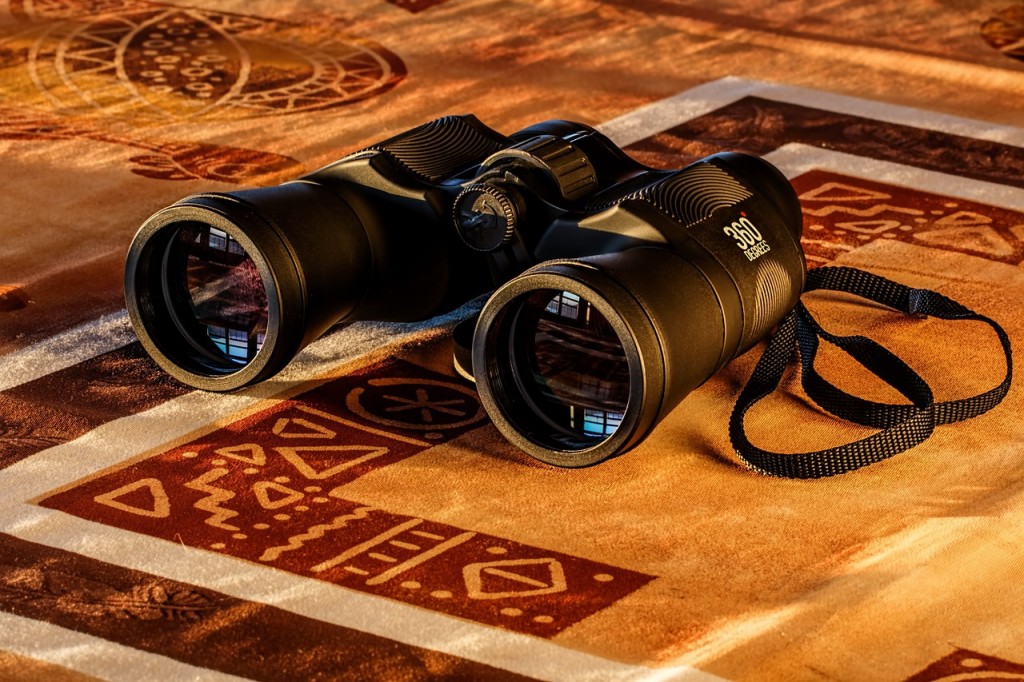
1)The novel was supposed to be set in a dystopian era.
2)The American ambassador, Michael Dexter, was initially a Caucasian. The African-American was another CIA agent named “Charlie Brown.” The characters were merged into one to simplify the plot.
3)The ambassador’s mansion was the actual property of the author’s grandfather.
4)An action scene in Manhattan, New York, was removed because it was deemed “redundant.”
5)The protagonist Jethro Westrope (Jet West) was initially known as James Gent, a brand for a toiletry company.
6)The protagonist initially drove a Pagani Zonda. It was changed to an MX-5 to accommodate his journalist salary.
7)The cat described in a Cairo scene is based on an actual character.
8)The secret underground base in Singapore is inspired by an actual location.
9)The mysterious island with the citadel is inspired by the old Dutch fortress, Fort Belgica, located in the Moluccas islands, Indonesia.
10)The novel is riddled with secret messages.
Shhh… don’t tell anybody.
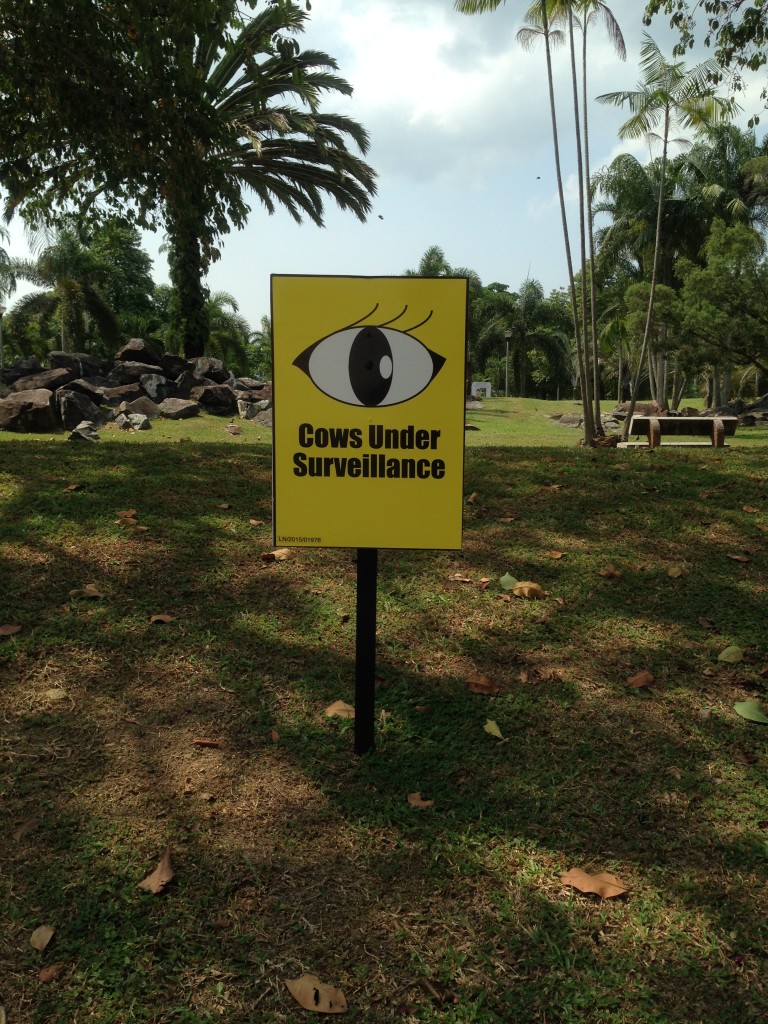
The Americans think they’ve got problems with the NSA. Come to Singapore. They watch every living thing here.
Contrary to popular belief, the world of espionage isn’t a man’s domain. Here are some examples of women in history who have served their allegiances with as much distinction as their male counterparts.
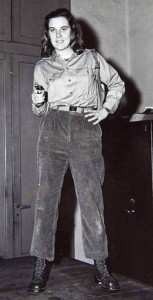
Doris Bohrer was an operative for the Office of Strategic Services (OSS) (the CIA’s precursor) in the 1940s, and served in Italy.At the age of 20, she helped plot the Allied invasion on the Italian front and eventually wound up stationed on the country’s Adriatic coast. She returned to Washington, where she became the agency’s deputy chief of counter-intelligence.
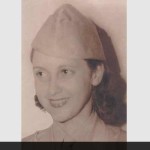
Elizabeth “Betty” McIntosh is the oldest living CIA ‘spy girl.’ She was one of the few women who worked overseas for the Office of Strategic Services (OSS). During World War II, she created false news reports, postcards, documents, and radio messages designed to spread disinformation to undermine Japanese troop morale. She then went on to work for the CIA until her retirement in 1973.
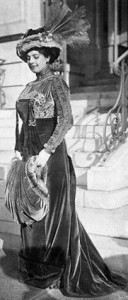
Born on August 7, 1876, in the Netherlands, Mata Hari (Geertruida Zelle) was a professional dancer and mistress who accepted an assignment to spy for France in 1916. She was hired to pass military information to the French government. However, Mata Hari was accused of being a German spy. She was executed by firing squad on October 15, 1917, after French authorities learned of her alleged double agency.

Antonia Ford was alleged to have been a US Confederate secret agent. After being reported to authorities by a Union spy, Ford was arrested and jailed in Washington, D.C. at the Old Capitol Prison in early 1863. During her confinement, her arresting officer, Major Willard, worked for her release. Ford was freed, and later married Major Willard on March 10, 1864.
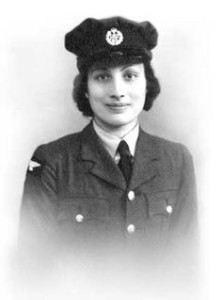
Noor Inayat Khan was a British intelligence officer who ran a spy network in Paris. For ten months she was tortured by the Gestapo desperate for any information. She was eventually executed at Dachau concentration camp on September 13, 1944, aged just 30.

During my years in Cairo, Egypt, I discovered, from speaking to many people in the business of business — including policemen, military officers, and Bedouins in the Sinai area — about the intricate tunnels built by Hamas and other Palestinian groups.
Due to the siege and blockade, the tunnels serve as a means of livelihood. The smuggling of goods from food, cigarettes to military equipment is unbelievable. If you can’t picture it, imagine the underground world built by Mr. Toad’s critter friends in The Wind in the Willows.
In writing my novel, I created a tunnel route in which a messenger travels from Egypt to Palestine before connecting to Jerusalem. This is one of my favorite scenes where I tried to invoke the sinister and tense atmosphere to give the reader an exact feel of what it would be like to be a Palestinian trying to infiltrate Israeli borders. The question is, did I imagine the route, did someone draw it for me or was I given a tour?









